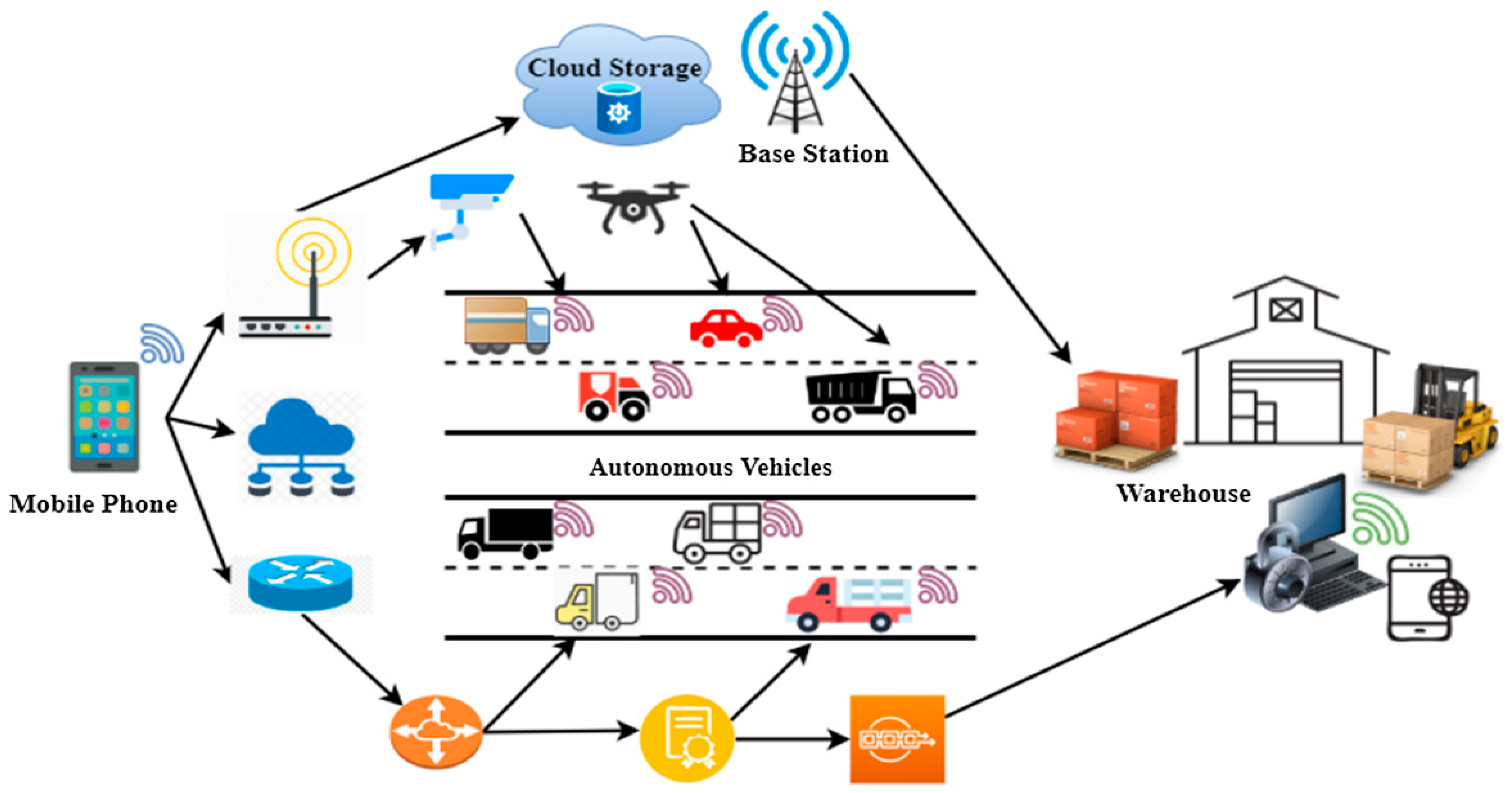Transit Time Optimization: Role of Agents in Bangladesh’s Logistics Flow
Efficient logistics is the backbone of international trade, and in Bangladesh, reducing transit time is now a top priority. With growing demand from U.S. and European markets, exporters are under pressure to move goods faster and more reliably. Amid this challenge, sourcing and logistics agents play a critical role in navigating Bangladesh’s evolving transport ecosystem.
Transit time optimization isn’t simply about faster shipping. It involves route planning, warehouse management, port coordination, and real-time issue resolution. In Bangladesh, a country with unique infrastructure constraints and bureaucratic complexities, having a skilled logistics partner can make all the difference.
Why Transit Time Matters for Global Buyers
Every hour lost in transit can create ripple effects across supply chains. For importers sourcing from Bangladesh, delays impact production cycles, inventory planning, and retail deliveries. Brands competing in fast fashion, tech accessories, or seasonal consumer goods face even tighter timelines.
The ability to reduce lead times is now a competitive advantage. Companies relying on a bestsourcing agent Bangladesh benefit from tailored logistics strategies designed to meet deadlines without driving up costs.
Challenges in Bangladesh’s Logistics Network
Several issues contribute to longer transit times in Bangladesh:
-
Congestion at major ports like Chattogram
-
Limited road infrastructure between industrial clusters and shipping terminals
-
Unpredictable customs clearance delays
-
Seasonal disruptions caused by weather or political events
Even with recent government investments in roads, ports, and inland container depots, the logistics ecosystem remains complex. A bestsourcing agent Asia brings the operational insight necessary to navigate these hurdles proactively.
How Agents Reduce Transit Time
1. Pre-Shipment Coordination
A local agent ensures all procurement, packaging, labeling, and documentation is completed before the shipment date. This helps avoid last-minute bottlenecks. Agents also monitor factory readiness and synchronize it with shipping windows.
For example, if a factory in Narayanganj finishes production early, an agent can reroute goods to Mongla Port instead of waiting for a booking slot at Chattogram. This flexibility shortens inland transport time.
2. Smart Carrier Selection
Working with multiple shipping lines and forwarders gives agents the ability to choose the fastest and most reliable carriers. They compare freight schedules and port traffic to identify the most time-efficient routes.
A reliable bestsourcing agent Bangladesh will even adjust booking choices based on live shipping intelligence, ensuring clients don’t lose days waiting on congested vessels.
3. Real-Time Logistics Monitoring
Agents use tracking platforms and local transport networks to monitor cargo movement. This enables quick response to any transit disruption—such as strikes, roadblocks, or customs issues.
By having boots on the ground, agents can resolve delays faster than remote logistics teams. They work directly with port handlers and local transporters to minimize cargo downtime.
4. Consolidation and Load Planning
Many buyers import small to medium quantities that require consolidation. Agents manage warehouse space and coordinate partial shipments to avoid container delays.
Proper load planning also ensures that goods move as full container loads (FCL), which are prioritized over less-than-container loads (LCL) in port handling. This subtle but important tactic improves both shipping cost and time.
Case Example: Electronics Brand from California
A U.S.-based electronics company struggled with recurring delays during the holiday season. Their previous shipments were stuck at Chattogram for days, missing store shelf dates. After switching to a bestsourcing agent Asia, their shipment strategy was redesigned to route via Payra Port for off-season orders.
The agent also moved fulfillment closer to inland depots, shaving two days off factory-to-port transit. The result was a 17% improvement in on-time delivery rate in just one quarter.
Integrating Technology with Local Insight
While shipping and logistics software offer real-time tracking, they can’t solve every challenge on the ground. This is where a sourcing agent’s local network becomes invaluable.
Many bestsourcing agent Bangladesh professionals combine digital systems with direct relationships across freight, customs, and warehousing providers. This human-digital synergy enables more agile logistics decisions.
Government Reforms and What They Mean for Agents
Bangladesh is undergoing logistics reforms, including:
-
Expansion of the Dhaka Inland Container Depot (ICD)
-
Improvements at Mongla and Payra ports
-
Smart customs integration through ASYCUDA World
These developments are promising but still require experienced hands to navigate them efficiently. Agents stay ahead of regulatory changes and optimize routing based on evolving infrastructure.
Why U.S. Importers Should Care
Many U.S. companies rely on fixed inventory cycles. Whether it’s back-to-school supplies or winter apparel, late deliveries lead to lost revenue. Transit time optimization in Bangladesh directly impacts supply chain agility.
Partnering with a bestsourcing agent Asia ensures faster customs clearance, optimized shipping routes, and fewer supply interruptions—delivering real commercial value to importers.
Final Thoughts
As Bangladesh becomes a central player in global sourcing, especially beyond the apparel sector, efficient logistics will be a key differentiator. The country’s geographic constraints and infrastructure transitions make logistics management a challenge—but one that can be overcome with expert local support.
A bestsourcing agent Bangladesh not only manages production but adds logistical value that trims days off delivery schedules. In a world where time-to-market is everything, their role is no longer optional—it’s strategic.
